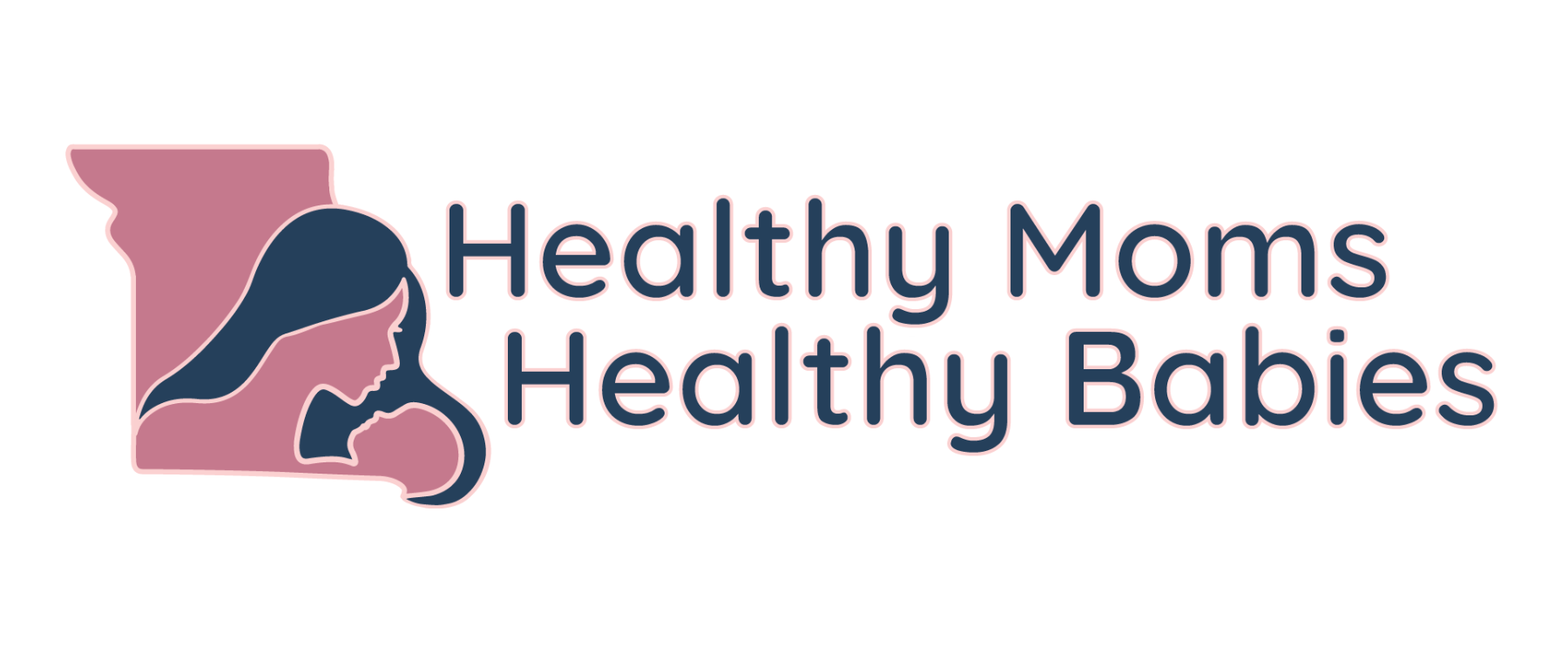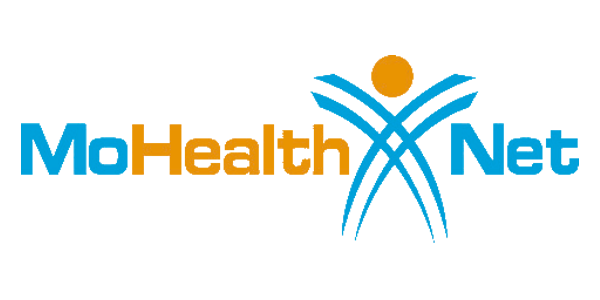Congratulations, mama! Pregnancy can be a wonderful, yet scary time for many women. Whether this was a planned pregnancy or a surprise, your first child or your third, we are here to help you every step of the way.
Stages of Pregnancy
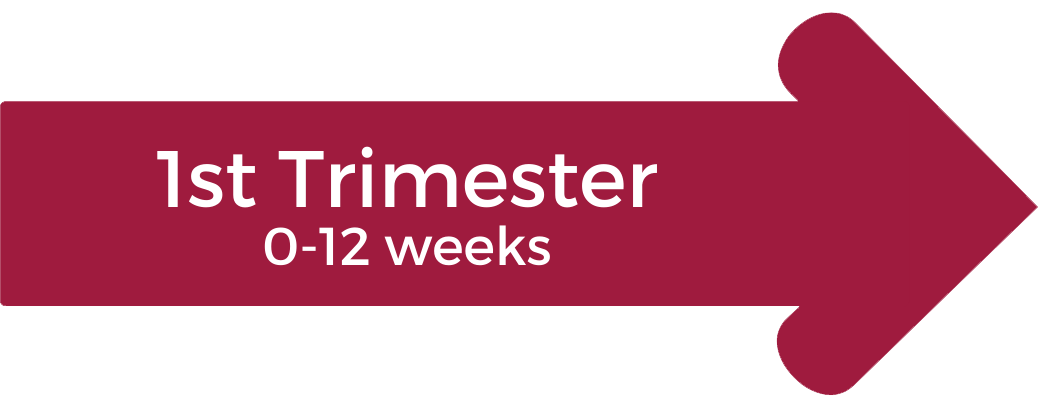
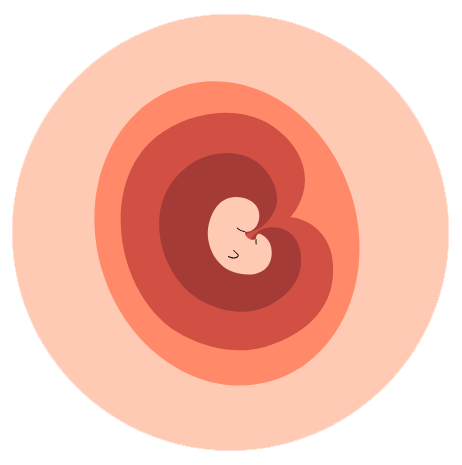
Your baby’s nervous system and internal organs are developing. By the end of the trimester your baby has arms, hands, fingers, feet, and toes.
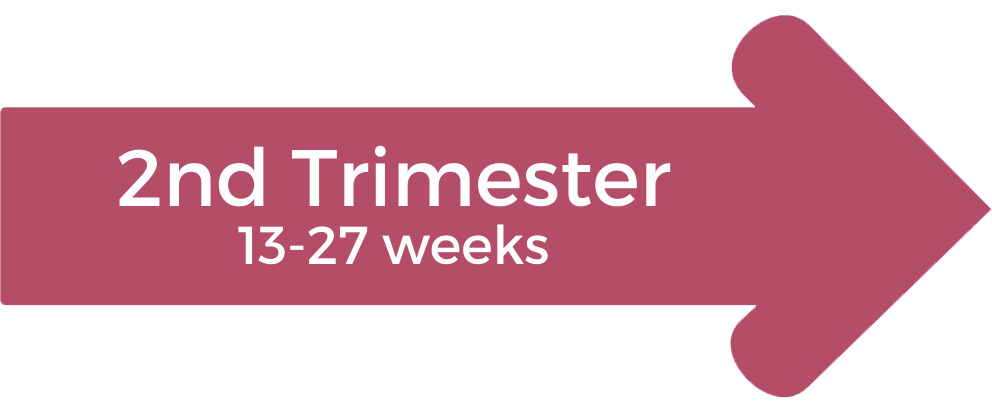
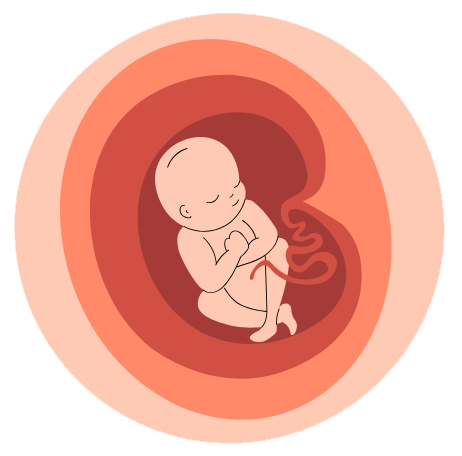
Your baby’s eyes begin to move and they will develop their ability to hear and their sucking reflex. By 25 weeks your baby will have hair, fingerprints, and footprints.
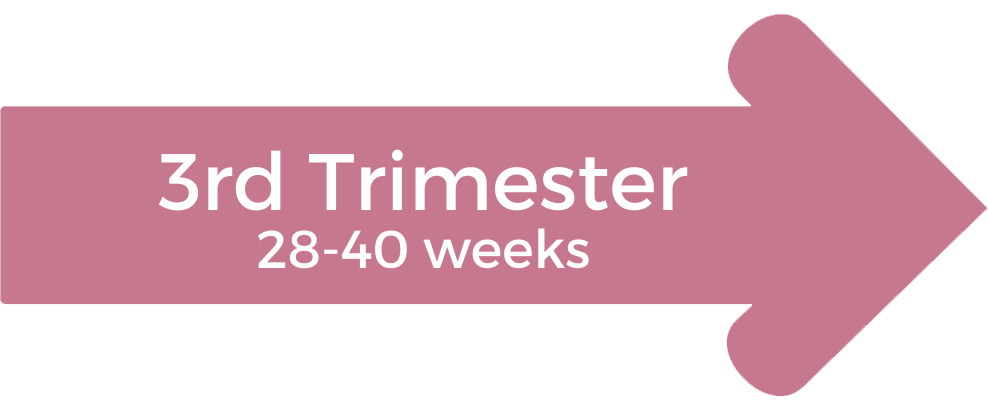
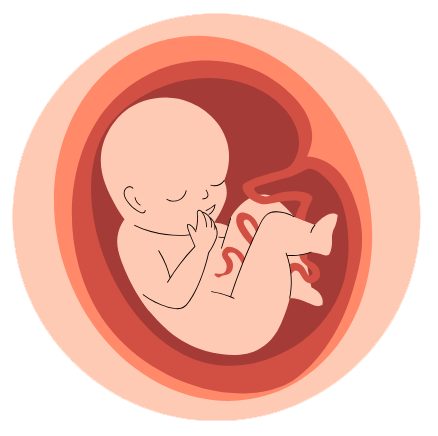
Your baby’s eyes will begin to partially open and they will start kicking and stretching. By 37 weeks your baby should reposition with their head toward your pelvis.
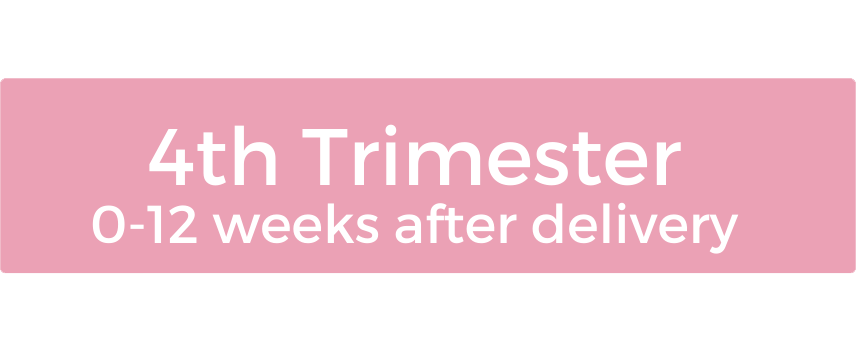
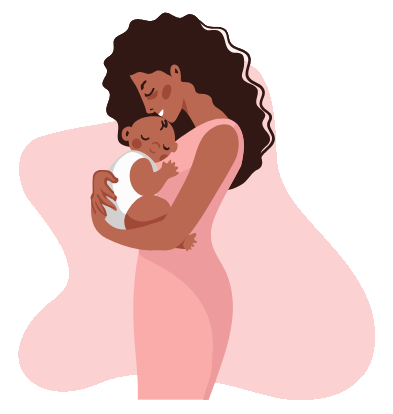
The 12 weeks after you give birth are just as important for your health as the first three trimesters. Learn more about staying healthy after delivery.
Why do I need regular healthcare while pregnant?
Having regular check-ups with a obstetrician (OB) doctor, which is a doctor that specializes in taking care of pregnant women, is important for you and baby’s health. Prenatal care is the preventative care you get during pregnancy and is important for monitoring you and the baby and catching any problems early on.
During most pregnancy check-ups, your doctor may check on a few of these things:
Other health concerns during pregnancy
Your body experiences lots of changes through pregnancy. Knowing the difference between a normal change and something that isn’t normal is important for you and baby’s health.

Dental care is especially important during pregnancy
Preparing for delivery
Preparing for parenthood
Home Visiting Services promotes children’s brain development by sharing positive parenting techniques with families and offering developmental screenings for children, as well as service recommendations. Home visiting programs provide free support for families with young children with and without disabilities—prenatal to 36 months. Get started with the Missouri Home Visiting Referral System.
